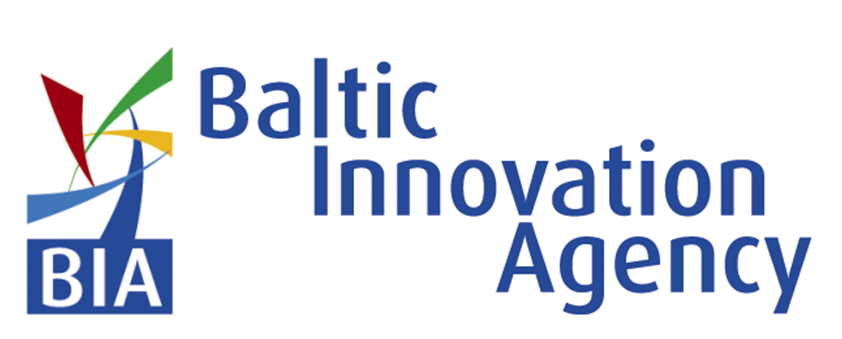HEMOS
The HEMOS project (“Holistic heat energy management on ships by implementing innovative dynamic calculation models towards maximum waste heat capture and energy efficiency“) is a 36-month Horizon Europe project that aims to decarbonize EU’s fleet by improving ships’ heat energy systems through the optimization of heat flow topology with a dynamic calculation model, as well as including the latest advancements in heat energized technologies. The aim is to create a new innovative approach towards the design method of heat energy systems on ships. The main target is to reach a 14% efficiency increase by calculation and scale it down to prototype to validate.
The project is divided into three phases. The first phase focuses on the research and development of the calculation tool based on the collected on-board data from the case study ship, with an outcome of new heat energy system topology with the best efficiency based on limitations given by the ship owner. The second phase continues with the development of process and system engineering for the optimized system arrangement, with an outcome of initial automation and interface principles. The third phase involves the practical installation of the prototype on board of the case study ship and validation of the calculation model vs real installation.
The validation will impact shipowners’ perception of the possibilities to upgrade their ships, providing valuable experience to strengthen EU companies’ position on the market with high-end technology and heat energy efficiency optimization on ships. The efficiency increase will help to reduce ship emissions in CO2, NOx, SOx and particulate matter which is critical in EU environmental strategies.
The ambitious HEMOS project is implemented by AS LTH-Baas (Estonia), Baltic Innovation Agency OÜ (Estonia), InEpact AB (Sweden) and University of Naples Federico II (Italy) in partnership with the Royal Caribbean Group (USA) from 2022 to 2025. In the project, BIA is the consortium’s main business support, dissemination and exploitation partner to ensure the sustainability and take-up of the project results. Read more from the HEMOS website and follow HEMOS on LinkedIn to be among the first who learn about the project’s progress and latest achievements.


